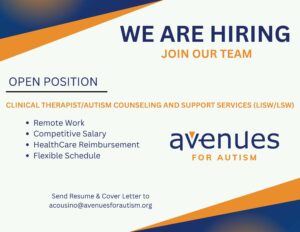
POST BY: APN
Early Bird Parenting
As we experience new challenges in our daily lives due to the COVID-19 Pandemic, we are reminded that the only constant in life is change. It occurs all around us each day, often without us noticing. Some change we welcome, some we try to avoid, and some is unexpected. Regardless of the circumstances in our environment, change is what moves us from one moment to the next. This is never more true than during the early years of our lives when changes occur in growth and development.
Most of us know the saying, “The early bird catches the worm,” as it relates to daily tasks and work ethic. But, it also applies to accessing evaluation and intervention services for our children during those ever-changing early years. Those whose needs are identified and addressed at a young age will have a greater chance of significant improvement than those whose are not. And, the good news is that we are able to evaluate and treat children even before 12 months of age.
If your child is not babbling or using gestures, such as waving, by 12 months of age, or if they do not have short two-word sentences by 24 months, they may require evaluation. Additionally, children who do not seem to respond to those around them, as well as those who have tantrums that do not respond to attempts at correction may benefit from evaluation and treatment. Oftentimes, children may have a delay in language or difficulty managing their emotions which can result in behavioral concerns. It is important to use that “Early Bird” instinct and follow up with further evaluation. Talk with your pediatrician or call a developmental and behavioral pediatric specialist who can help sort it out.
Harbor’s Developmental and Behavioral Pediatric team includes psychologists, therapists, community support providers, Board Certified Behavior Analysts, and Registered Behavior Technicians who are able to work with children of all ages to address concerns regarding development and behavior, including toilet training, sleep difficulty, eating or feeding challenges, and tantrums or emotional regulation.
Just as the early bird gets the worm, the child who is identified early on as having a need can receive intervention and, most importantly, can receive the best prognosis for the future.
Danielle DeLong, Psy.D., HSP, BCBA-D, COBA


